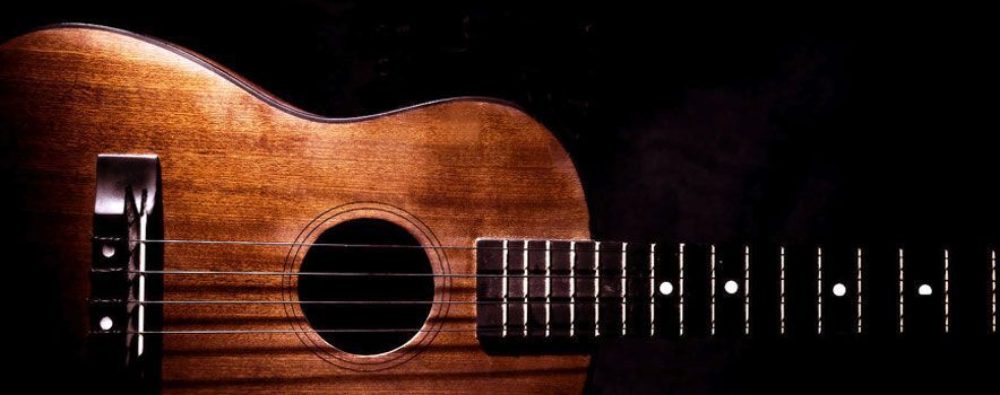Welcome back! We are so excited to have our wonderful students making music again! This year, we will be focusing on developing students’ exposure to a variety of genres and artists, and using a lot of creativity to build music skills. Just a few of things that we’ve already been working on include practicing steady beats in Primary, learning to sing in sign language in Lower Elementary, and Bucket Drumming in Upper Elementary. While we may need to be physically distanced, music can help us to still be emotionally connected.
Why is Music Education important?
Children who can keep the beat have improved fluency in language. Read more here: https://news.northwestern.edu/stories/2013/09/the-importance-of-keeping-the-beat/
Reading a text more than once is a proven strategy to improve reading fluency – what better way than to learn a song? Read more here: https://digitalcommons.wku.edu/cgi/viewcontent.cgi?article=1656&context=stu_hon_theses
In music, children practice discrimination between pitches, types of voices, inflections, high/low, loud/quiet. Discriminating between similar auditory elements is essential for effective communication. Read more here: https://www.luther.edu/oneota-reading-journal/archive/2012/learning-literacy-through-music/
Decoding symbols, letters, words, and sentences, visual focus, and visual memory are part of music and literacy (Hansen et al., 2004). From the book: The Music and Literacy Connection By Dee Hansen, Elaine Bernstorf, Gayle M. Stuber
Choral reading, repeated reading, echo reading and song reading are strategies to develop prosody. Learning songs improves fluency in language! Prosody is the third core element of fluency. It is defined as reading with expression. Read more here: https://www.ecu.edu.au/__data/assets/pdf_file/0005/663701/SA-DECS-Fluency-doc.pdf
Fingerplays, chants and action songs are important tools to help children develop fluency and rhythm in language. Children learn new vocabulary, comprehension and fine motor skills as they show with their hands what the words mean.
Songs teach many concepts: alphabet, counting, cultures, basic skills, and more!
